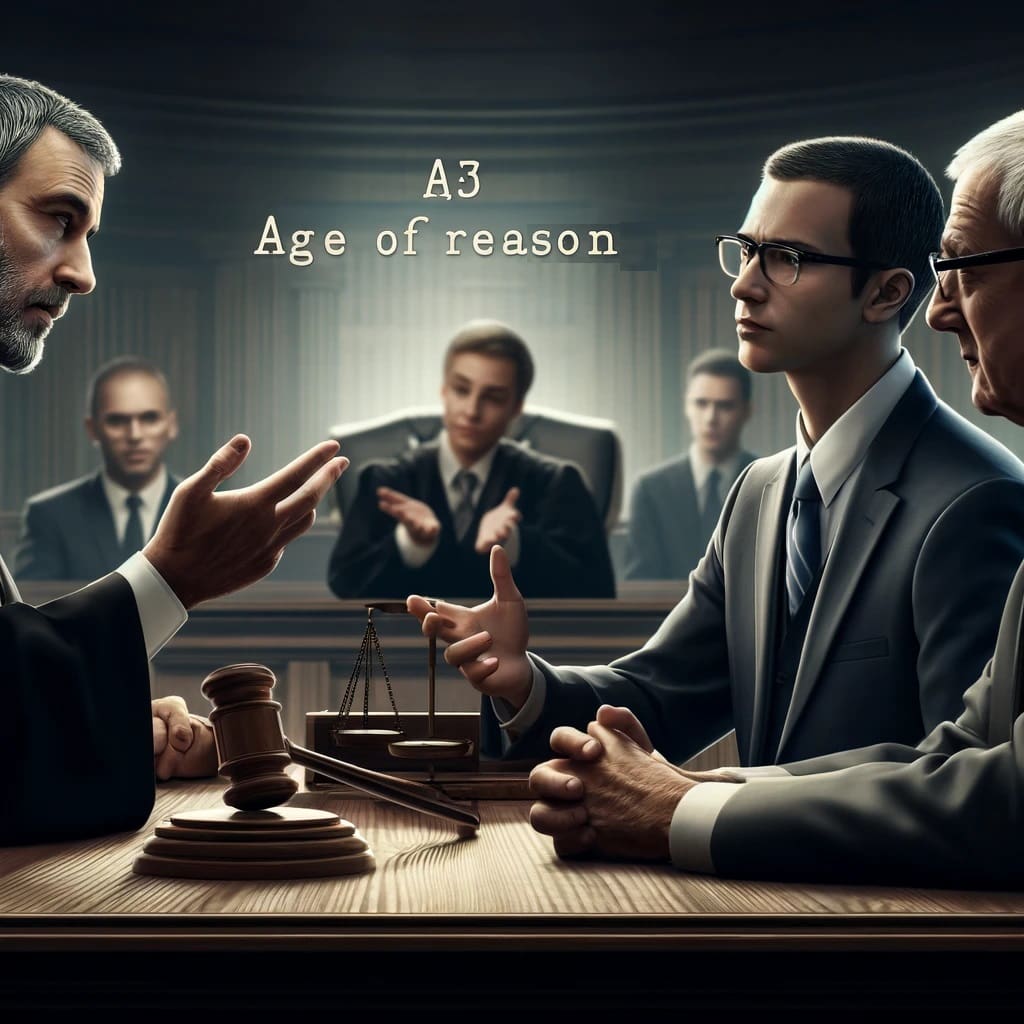The Legal Foundations and Implications of the Age of Reason
The concept of the Age of Reason in legal terms is pivotal in understanding the capacity and responsibility attributed to younger individuals in various judicial scenarios. This principle helps determine when a child transitions from mere innocence to a stage of cognitive awareness where they can be held accountable for their actions to some extent. […]
Read More
